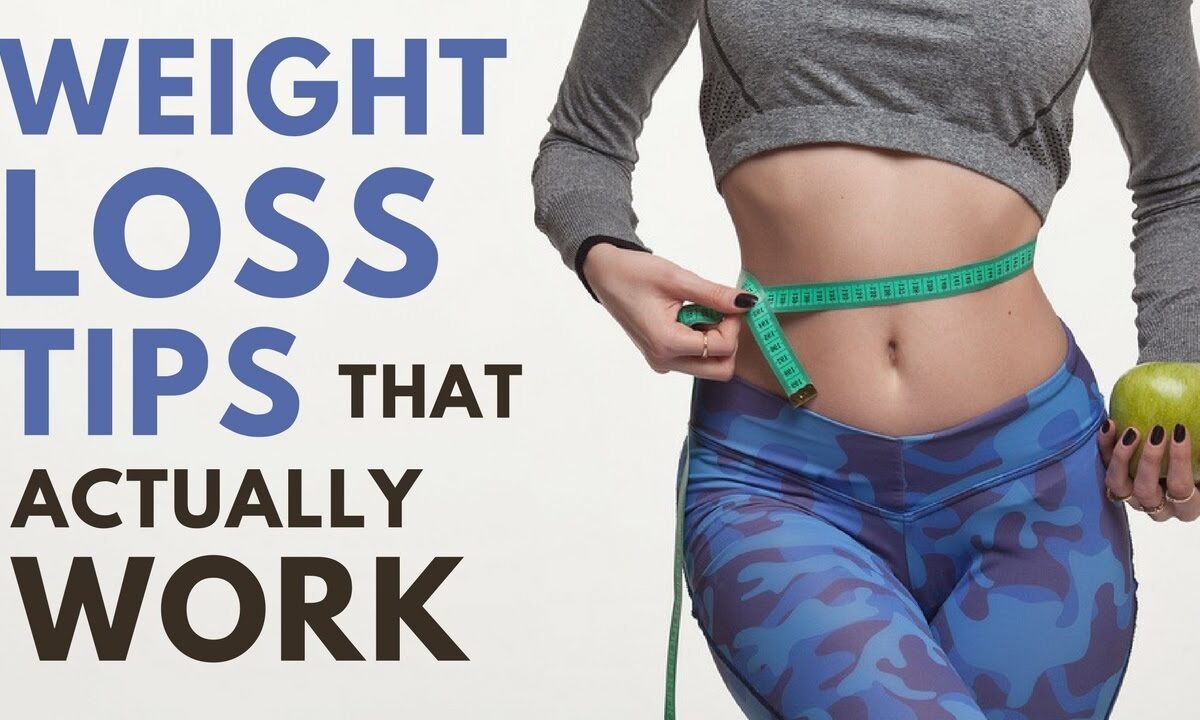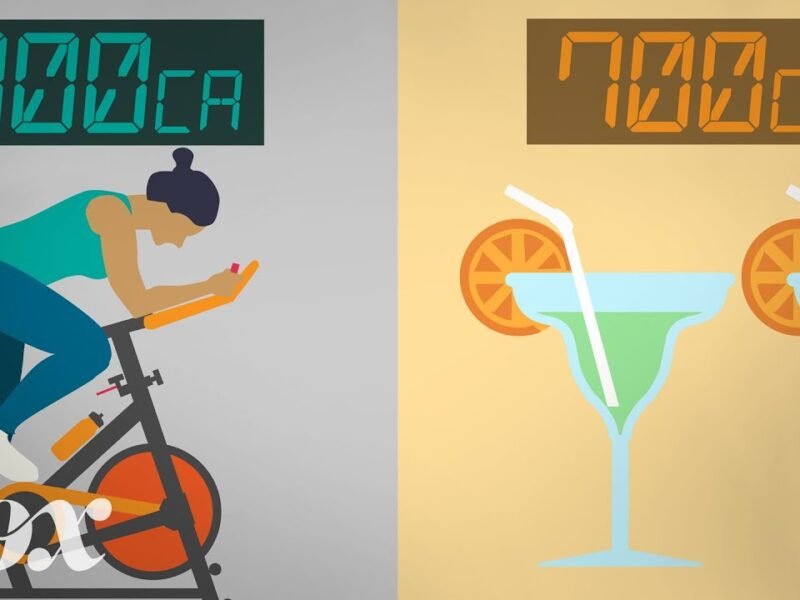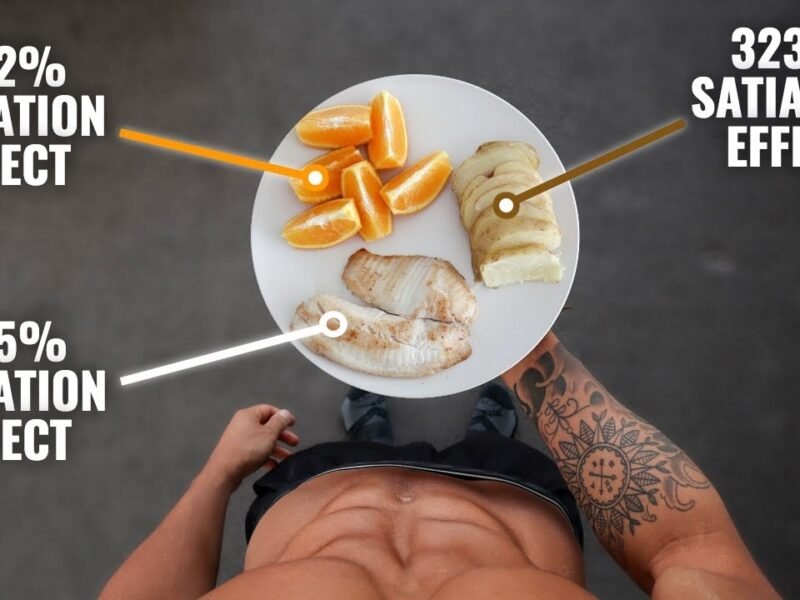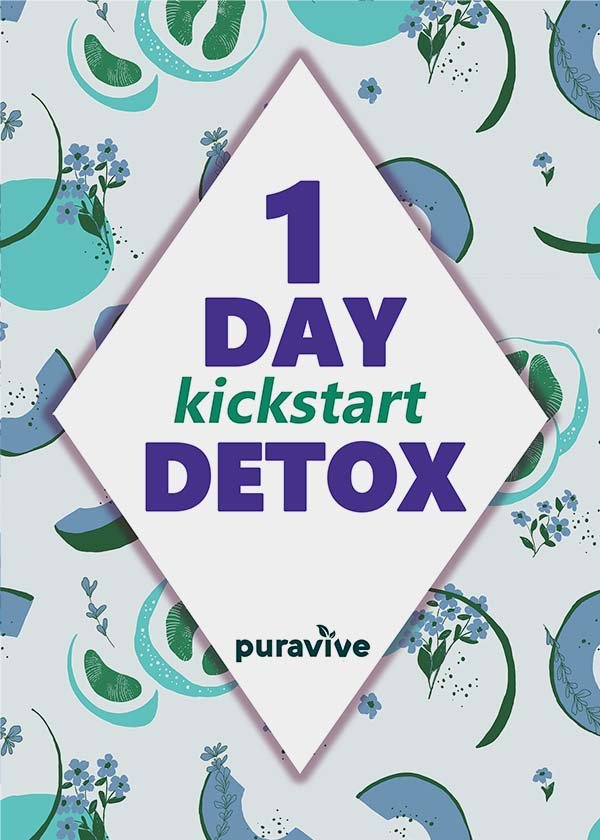Are Fat Loss Injections Safe? What You Need to Know

Are Fat Loss Injections Safe? What You Need to Know
If you’ve been searching for quick and effective ways to shed stubborn fat, you may have come across fat loss injections. These treatments promise targeted fat reduction in areas like the stomach, thighs, or chin—without the need for surgery. But before trying any new approach to weight loss, it’s essential to ask: Are fat loss injections safe?
Let’s take an unbiased look at fat loss injections, their safety, effectiveness, and whether they might be a suitable addition to your wellness journey.
What Are Fat Loss Injections?
Fat loss injections—also known as lipotropic injections or injectable treatments like Kybella®—are designed to dissolve fat in specific areas of the body. These injections contain active ingredients such as:
- Deoxycholic acid: A naturally occurring bile acid that helps break down dietary fat. It’s commonly found in FDA-approved treatments like Kybella® for reducing submental (chin) fat.
- Lipotropic compounds: A combination of amino acids, vitamins (such as B12), and minerals that may aid in fat metabolism and energy production.
These treatments are considered minimally invasive and provide an alternative to surgical fat removal methods like liposuction. However, their effectiveness can vary depending on the individual’s lifestyle and metabolic response.
Are Fat Loss Injections Safe?
Generally, fat loss injections are considered safe when administered by a qualified healthcare professional. However, several factors influence their safety and effectiveness:
1. Qualified Provider
Ensuring that a licensed and experienced professional administers the injections is crucial. A qualified provider will assess your health status, determine the appropriate dosage, and minimize risks associated with the procedure. Always research your provider and avoid low-cost alternatives that might compromise your safety.
2. Type of Injection
Different types of fat loss injections are available, and their safety varies:
- Kybella®: FDA-approved for treating under-chin fat. It is generally safe but may cause swelling, bruising, and tenderness post-treatment.
- Lipotropic Injections: Often used as a supplementary treatment to boost metabolism and fat breakdown. They typically contain ingredients like B12, methionine, inositol, and choline, which support liver function and fat metabolism.
3. Your Health Status
Not everyone is an ideal candidate for fat loss injections. Those with underlying health conditions, pregnant or breastfeeding individuals, or anyone with liver issues should avoid these treatments. A thorough consultation with a healthcare provider can help determine if these injections align with your health goals.
Potential Side Effects
Like any treatment, fat loss injections come with potential side effects. Most are mild and temporary but being aware of them is important:
- Redness, swelling, or bruising at the injection site.
- Mild tenderness or discomfort.
- Rare cases of numbness or uneven fat loss in treated areas.
These side effects usually resolve within a few days, but it’s essential to report any unusual symptoms to your healthcare provider.
Are Fat Loss Injections Right for You?
Fat loss injections can be a useful option for individuals struggling with stubborn fat deposits. However, it’s important to view them as a complementary tool rather than a substitute for a healthy diet and regular exercise.
For those seeking non-invasive alternatives, options such as:
- Endosphères® Therapy: A non-invasive treatment that stimulates circulation and lymphatic drainage.
- CryoContouring: A cooling technique that helps reduce localized fat and tone the body.
Combining these methods with healthy lifestyle habits often yields the best long-term results.
Final Thoughts
While fat loss injections can be a safe and effective way to target stubborn fat, they should be approached with caution and used under professional supervision. Make informed decisions by researching treatment options and consulting with qualified providers.
Looking for more insights on alternative and effective ways to achieve your weight loss goals? Follow us on Facebook at SlimScienceLab for daily tips, expert advice, and science-backed wellness strategies.















